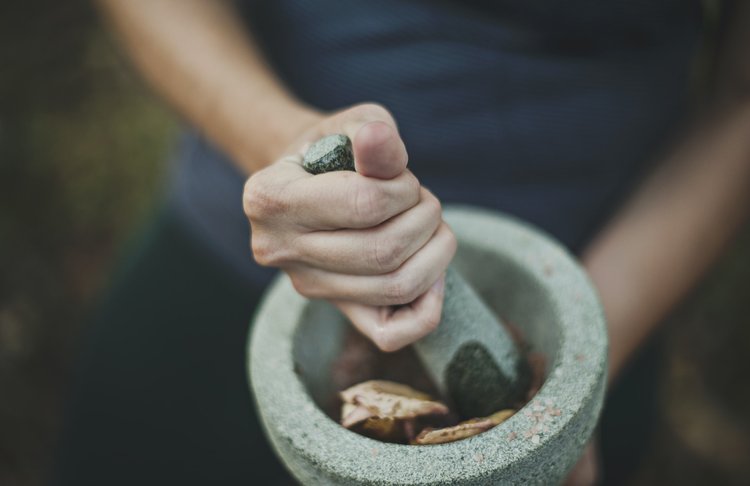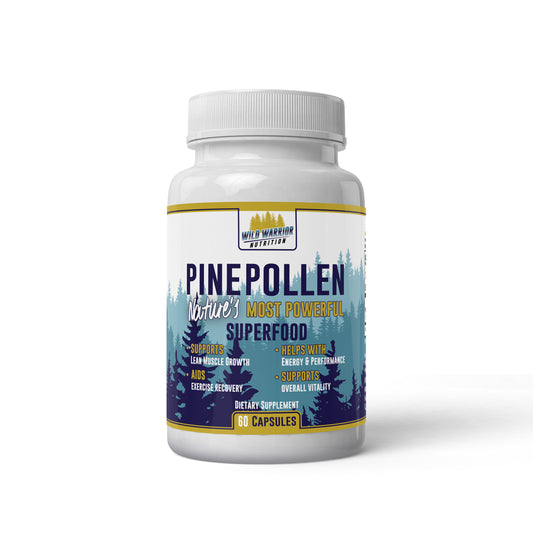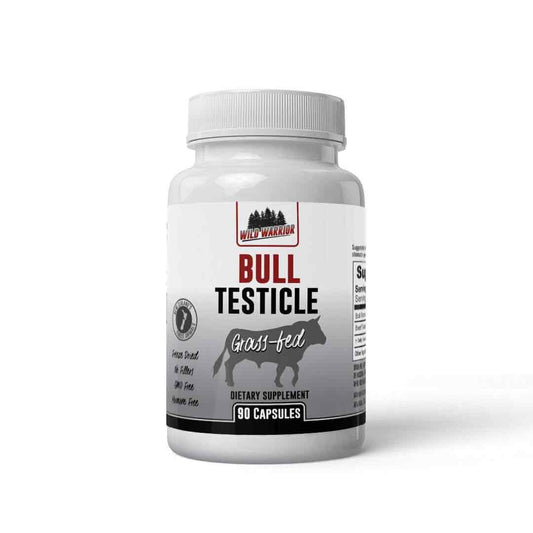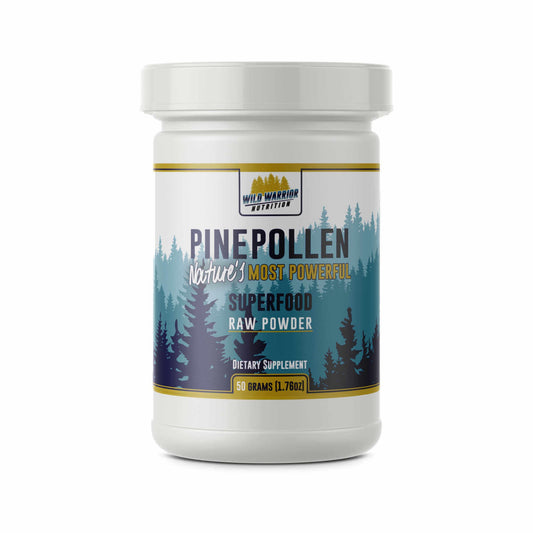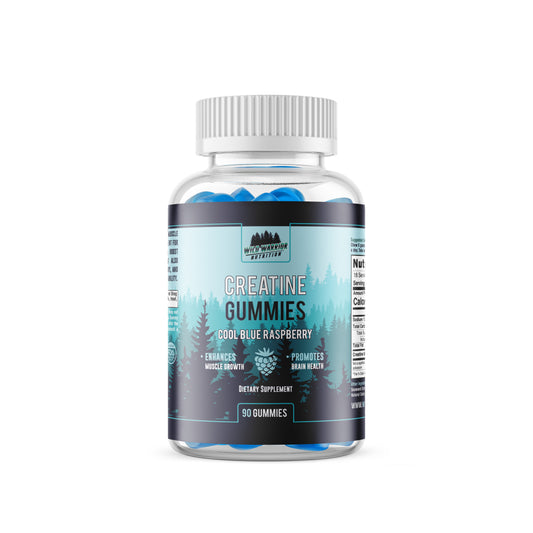Christine Lowe via TheHealthStrength.com
Herbs from nature are used for pleasure, but they also offer remarkable nutritional characteristics that benefit human health. Their aromatic and strong-tasting chemicals are frequently involved in the plant's defense against environmental harm. When consumed in food, they retain most of their bioactive qualities, such as antioxidant capabilities beneficial to human health.
They lower the risk of so-called civilizational illnesses. They increase the growth of our microbiota's "good" bacteria, as recently established. Furthermore, natural herbs like white dragon kratom work as an immunity booster. According to the NHIS CAM survey statistics, herb and natural supplement consumption were widespread among adults in the United States in 2002.
For many years, ayurvedic immune-boosting therapies have helped prevent infections and disorders. One should take the immune-boosting herbs daily in the fall and winter seasons. During this season, our immunity is most vulnerable to the spread of many common viral diseases from one person to the next. Because the herbs are natural, they are slow-acting and provide long-term advantages; thus, we must take them every day.
6 Herbs To Add In Your Diet To Boost Your Immunity
Healthy eating also entails substituting more nutritious meals for trans fats, added salt, and sugar. Building strong bones, protecting the heart, avoiding illness, and improving mood are just a few of the health advantages of eating a healthy diet.
So if you want to know about the herbs you can add to your diet to boost your immunity, then here are the herbs you can't miss.
Cardamom
Ground cardamom helps enhance the flavor of tea, curries, and rice. Usually, a small quantity is utilized, as too much will dominate the dish's softer flavors. This flavorful spice has been used in traditional medicine for ages and has many health benefits.
According to some data, this plant possesses antioxidant capabilities and the potential to create molecules that may aid in the fight against damaged cells. Cardamom has many antioxidants, which protect cells from harm and prevent inflammation. In addition, cardamom promotes dental health and freshen breath. It has to do with its capacity to combat common oral germs.
Cumin
Cumin is an essential source of iron and has been in traditional medicines for a long time. It has a high amount of antioxidants and has antimicrobial and anti-inflammatory effects. According to some research, cumin can also assist with digestion and reduce foodborne illnesses.
According to certain studies, cumin powder may also aid weight reduction when combined with a low-calorie diet. In addition, cumin can support healthy blood sugar levels.
Ginger
Gingerol, which contains potent anti-inflammatory and antioxidant capabilities, is responsible for many of ginger's therapeutic characteristics. According to research, ginger has hundreds of chemicals and metabolites, which may help with health and healing. It helps in reducing nausea, discomfort, and inflammation and improving food digestion.
People have used ginger to treat nausea, pain, and inflammation for a long time. For example, it works very well for nausea caused by pregnancy, such as morning sickness. It has also been proven effective as a medication in treating menstrual discomfort.
People who used ginger to treat osteoarthritis saw considerable pain and stiffness decreasing, particularly in knee osteoarthritis. On the other hand, some people may dislike the flavor of ginger and develop stomach trouble as a result.
Turmeric
This brilliant yellow spice lends a distinct color to many Indian cuisines. Turmeric, a ginger root cousin, is used in curries for its anti-inflammatory qualities and a flavor and color enhancer. People have used it as a spice and medicinal plant in India for thousands of years.
Curcumin, the primary active element in turmeric, has been shown to include molecules with therapeutic qualities, the most significant of which is curcumin. For example, curcuminoids from turmeric have been demonstrated in preliminary trials to lower the frequency of heart attacks patients suffer following bypass surgery.
Curcumin in turmeric positively influences BDNF levels, linked to the prevention or even reversal of numerous brain disorders and age-related declines in brain function.
Kratom
According to the Drug Enforcement Administration, Kratom comes from the Mitragyna speciosa tree, which grows in Southeast Asia. According to the DEA, the tree's leaves have psychoactive qualities. They may be pulverized and smoked, boiled into tea, or placed into capsules. The plant binds to the same receptors in the brain that respond to opioids.
Two chemicals, in particular, do so, causing effects comparable to those experienced when taking opioids, such as a relaxing effect, pain alleviation, and even pleasant feelings. Surprisingly, the leaves can have a stimulating impact on modest amounts. Natural supplements containing the plant were offered on the market as opioid substitutes. These supplements may promote supplement usage for recreational purposes
Sage
Sage is one of the most attractive herbs, and it's also one of the easiest to cultivate at home. It has a beautiful aroma and much excellent flavor. You will like it fresh, but it may also be dried and ground for convenience, especially outside the growing season. It adds depth to dishes, and a crispy sage leaf garnish may elevate an average dish to something special.
No, sage isn't only for Thanksgiving and Christmas dinners. Use it all year to reap various health advantages. Sage may help you think more clearly, so you should anticipate a mental boost whether you eat it or inhale its aroma.
It is well known to improve memory recall and retention; thus, it might be considered a mental superfood. Sage's potential is a degenerative disease preventive food, such as Alzheimer's and Parkinson's.
Wrapping Up
To function correctly and to be alive, your body needs energy. This energy comes from the components in your food, which are primarily proteins, carbs, and lipids. Furthermore, other nutrients are vital in your diet to keep your body healthy, like minerals and vitamins.
It's critical to strike the correct balance between these various nutrients to get health benefits. Herbs play a significant role in keeping your diet healthy. Thus, you need to know which herbs you can add to your daily diet to make you healthy and to make your immunity stronger.

